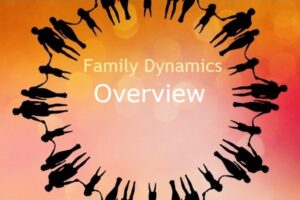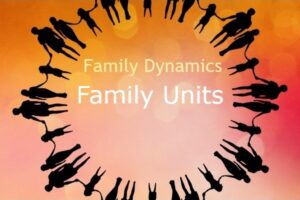Intergenerational trauma is the passing of trauma from one generation to the next, affecting both individuals and within a family unit. This trauma often leads to patterns of dysfunction, disconnection, and repeated negative interactions between members. In addition, this can manifest in various ways, including unhealthy communication styles, difficulty with trust, emotional dysregulation, and the perpetuation of abusive or neglectful behaviors.
Key points about intergenerational trauma:
- Transmission of trauma: When a parent experiences significant trauma, they may unconsciously pass on coping mechanisms, emotional patterns, and even distorted perceptions to their children, perpetuating a cycle of trauma across generations.
- Impact on relationships: Intergenerational trauma can lead to difficulties in forming healthy attachments, expressing emotions openly, and maintaining healthy boundaries within the family.
- Common patterns:
- Parentification: Children take on adult responsibilities due to a parent’s inability to function effectively.
- Emotional suppression: Family members avoid discussing painful experiences, leading to a lack of emotional intimacy.
- Hypervigilance: Constant alertness to potential threats, stemming from past trauma.
- Conflict avoidance: Avoiding conflict at all costs due to fear of escalation.
Examples of trauma that can be intergenerational:
• Emotional, physical, or sexual abuse
• Neglect
• War or displacement
• Poverty
• Substance abuse
Healing intergenerational trauma:
Professional Support
Working with a therapist or clinician can help you learn healthy coping mechanisms and break the cycle of trauma. Family therapy can help heal the entire family system.
Practicing Self-Care
Diet, exercise, meditation, and positive social connections can help rewire your nervous system and reverse epigenetic markers.
Connecting with Your Ancestors
Visiting your ancestors, learning about your background, or practicing ancestral work can help strengthen your connection to your family and ancestors.
Family Dynamics Articles
Family Dynamics Overview
Family Dynamics: Family Units
Types of Families: Nuclear Family, Single Child Family, Blended Family, Extended Family, and Single-Parent Family
Family Dynamics: Understanding Toxic Family Dynamics
Family Dynamics: Intergenerational Trauma Overview






